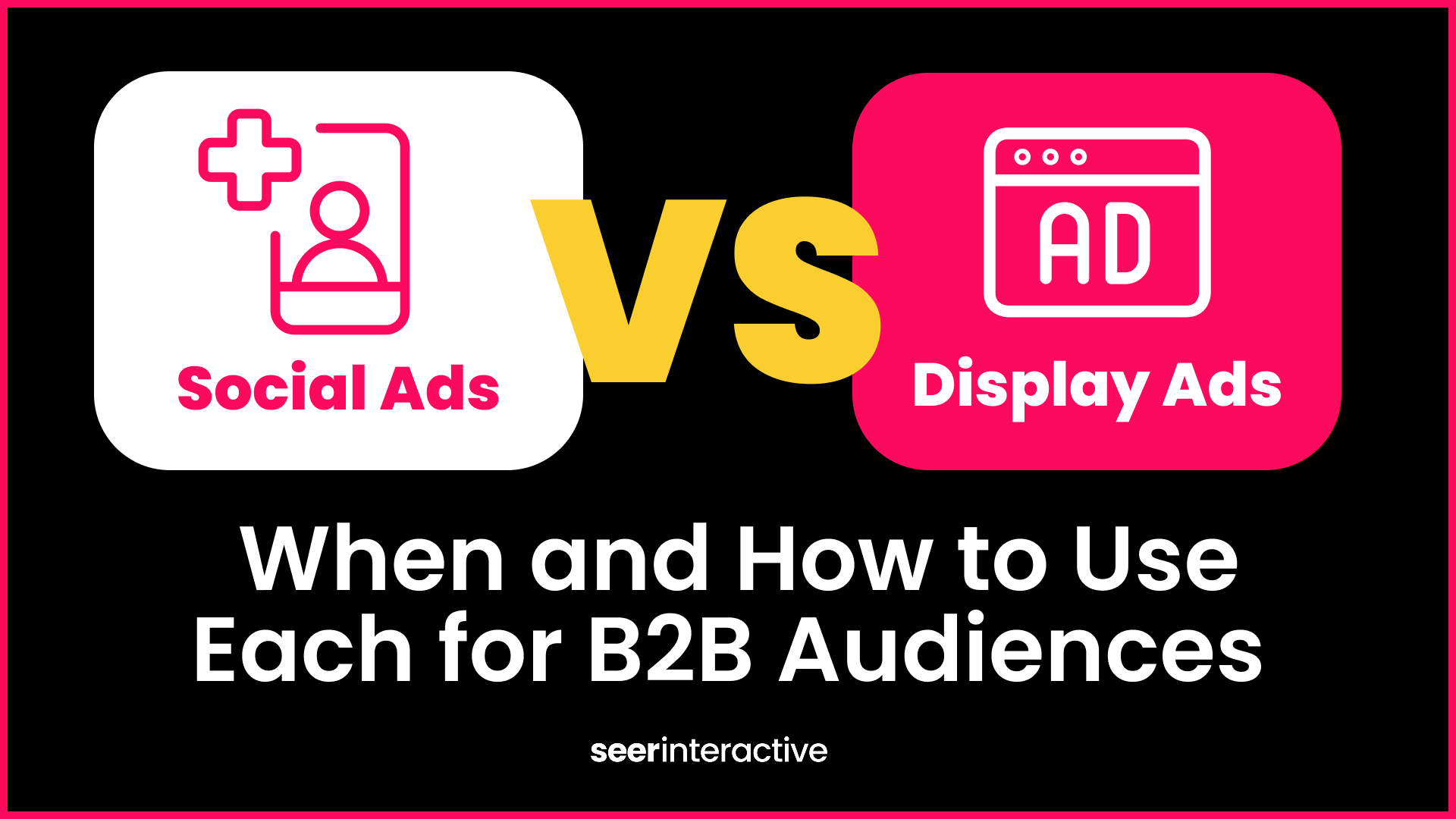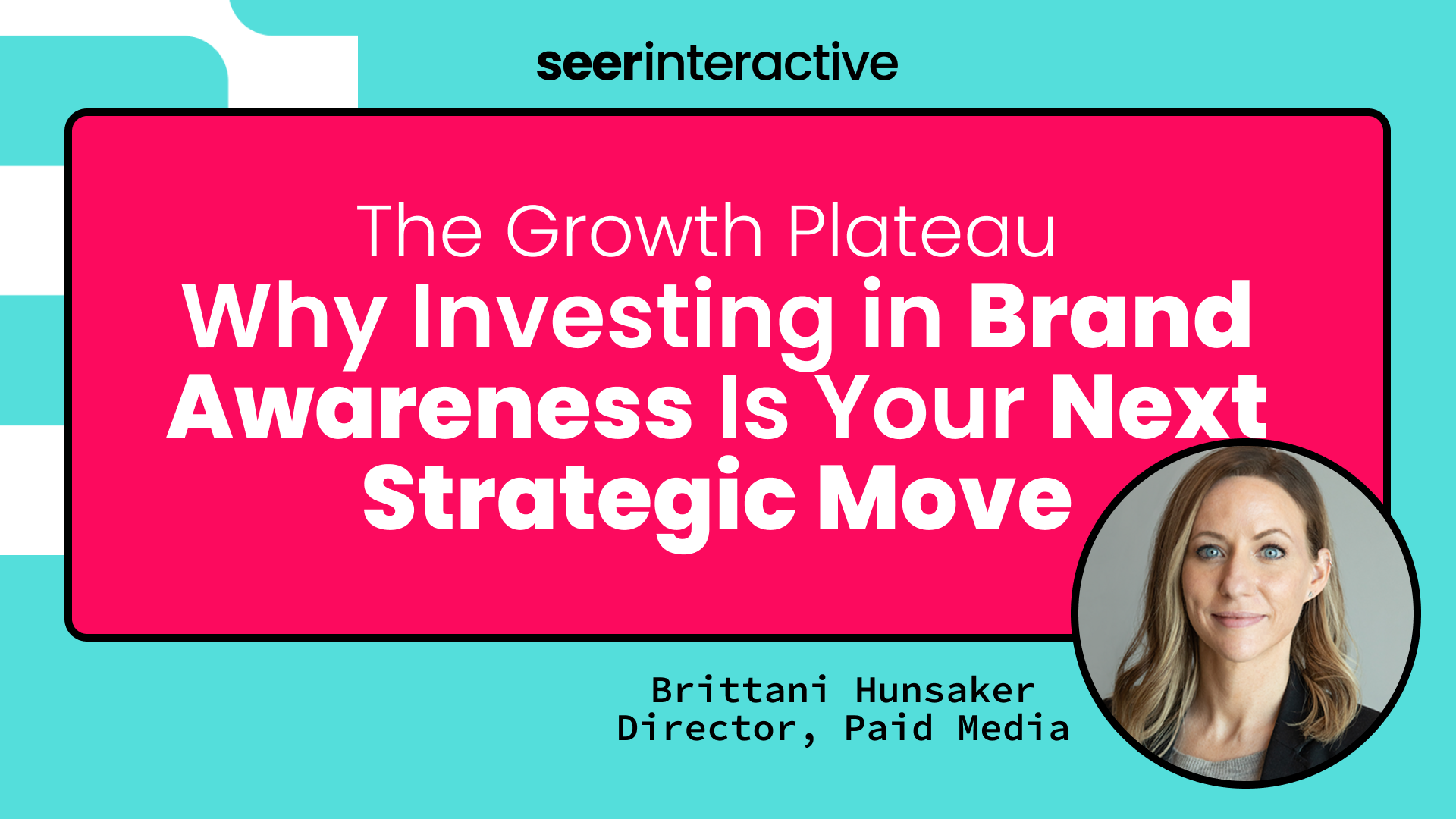On October 22nd Google announced that ad extensions will now be a factor in ad rank as well as the importance of ad extensions eligibility to display in your ads.
As with all algorithm changes no one really knew what this meant for performance or how this was going to affect our PPC campaigns. The initial conversations were that having ad extensions wasn't going to hurt your ad rank but having the most relevant ones were going to help you.
Fast-forward 3 weeks
One of the clients that I manage has a ton of branded search volume (because their product is that awesome!) but I noticed that in November it was falling off a lot from October and we were hitting our daily budgets in Google pretty frequently.
My initial thought was because they had a Halloween feature on their site, we were running a pretty big display campaign to push it and they were also running a contest that was getting a lot of buzz online. We initially attributed the decline in search volume to the fact that Halloween was over and we were losing brand interest since we weren't promoting anything specific at the time.
But this still didn’t explain why we were capping out on our budgets. So as I was poking around, looking at trends I saw this for their brand term on exact match:

Which made me do this:
So after panicking, digging into change history and recruiting my co-workers to help me dig, we found that the only changes that were made to that campaign during the time frame where CPCs decreased from $.07 to $.01 (-85% change) and then $.01 back to $.07 (600% change) were the sitelinks!
There are no competitors bidding on their brand terms, we made no bid adjustments, no ad copy changes, etc. And although the CPC change doesn’t seem like a lot, when you’re getting 6,000 clicks a day it makes a huge difference. We went from spending about $60 a day to $420 a day on just one keyword. That’s about a$131k/year increase in ad spend on a brand term!
We added in 2 sitelinks around their Halloween features and then on Nov 1, we removed them. This lead to 2 important questions:
- How long was the algorithm changed before Google announced it?
- Could 2 sitelinks really change performance that much?
After having the Google tech team look into the CPC increase they determined that this was in fact was due to the sitelink changes! Initially they thought there was a “bug” in the system that caused the CPC’s to decrease to $.01 and the timing was just a “coincidence”.
How We Fixed It
In order to 100% confirm whether or not sitelinks were the culprit behind the CPC fluctuations we decided to test new sitelinks. We added in “fall” themed sitelinks to see if the relevance factor could be due to the time of year and we did see a slight drop from $.06 to $.04. But this was still pretty high.
Our next test was to remove the more generic sitelinks that drove to their blog, about us and FAQ pages and that’s when we saw the CPA go back down to $.01!

Note: We applied sitelink strategies to all of our campaigns but since we are testing multiple things within our other campaigns we can’t attribute performance changes directly to this test.
Conclusion
While most weren’t expecting this algorithm change to have much of a negative effect on performance, we did see minor sitelink changes affect CPCs.
Double check the relevancy of your sitelinks and any other ad extensions in your campaigns. While people may be reading the blog on your website and content is updated regularly, it may not be the best sitelink strategy. Based on this test, I recommend isolating a few keywords or ad groups and testing out different ad extension strategies to find which have a positive impact for your ad rank.



